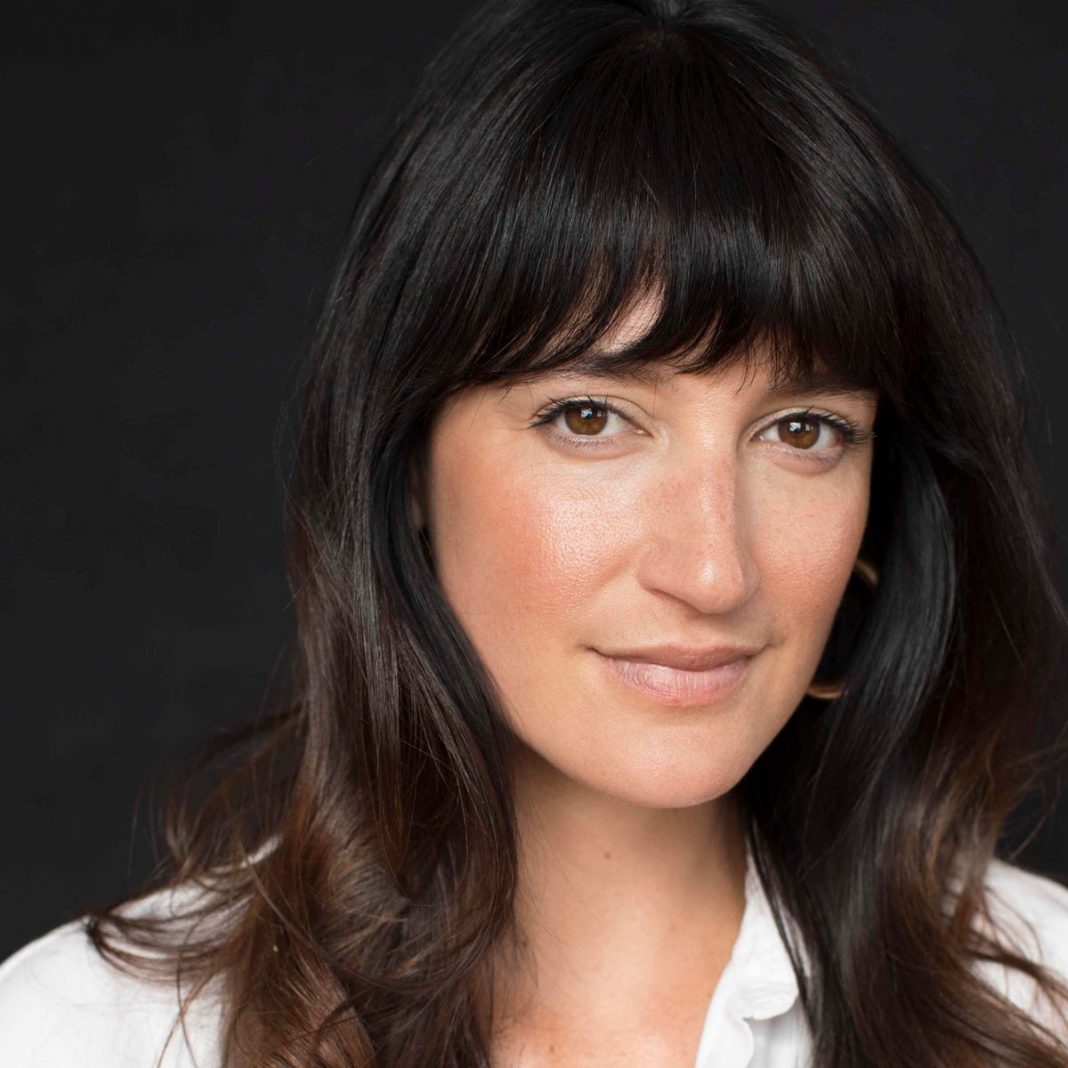Kathryn Everett, head of film at XTR
XTR
Some industries thrived during the Covid-19 pandemic. But ensuring that everyone has an equal chance in those industries takes commitment.
According to Geoffrey MacNab’s article in Screen Daily, documentary film teams were better positioned than mainstream teams to cope with the chaos caused by Covid-19. “Documentary teams are smaller and more flexible, and are used to working remotely; budgets are lower; and not so much is at risk … Another positive trend is an increased demand for content among broadcasters and streamers.”
“[Even before Covid-19], there was an explosion of interest in documentaries,” said Kathryn Everett, head of film at XTR. She is a filmmaker, political and nonprofit fundraiser, and activist. On sites like Netflix, documentary films sit side by side with blockbuster movies. “It’s also never been easier to make a documentary film. Anybody with an iPhone [smartphone] can make a film.” Filmmakers are pushing the envelope in terms of creativity, hoping to take advantage of the viewership on streaming platforms.
But just because there is opportunity doesn’t mean all talent has equal access. Everett, a cofounder of XTR, explains her documentary film studio’s approach to ensuring that the world views the fresh ideas and diverse perspectives of women and people of color. To do that, she had to recognize how her experience gave her the skills needed to run a film company.
XTR prioritizes telling stories that its founder and cofounders believe really matter and can shift culture to change the world. The studio doesn’t have a strict filter in terms of the subject matter of its projects. Any documentary film can make an impact. Every project is considered.
“For each film, we ask, ‘is this the right person to be telling this story?'” stressed Everett. “That means that you’re really considering if the filmmaker should be a woman, a person of color, [or someone else].” Can the filmmaker’s perspective provide insights into the subject matter of the film? “We believe if you’re thinking intentionally about that, then you have a much stronger product in the end,” she said.
Since its launch in 2019, XTR was behind six documentaries at the 2021 Tribeca Film Festival and eight documentaries at the 2021 Sundance.
XTR raises funds to invest directly in filmmakers’ projects. “So often, in the past, documentary filmmakers have cobbled together their budgets,” said Everett. Raising funds is particularly challenging for first-time filmmakers, female filmmakers, and filmmakers of color. XTR provides both equity investments and grant funding, which it does through its nonprofit arm, XTR Film Society. Depending on a filmmaker’s subject matter, where the film is in its production process, or its commercial viability, sometimes it makes more sense to provide an equity investment, a grant, or both.
XTR has secured $40 million in documentary financing just this year! Of the 57 feature films, XTR has completed or is in production on, 39 are directed or co-directed by women— 68%. Including:
- AILEY is about the trailblazing Black choreographer and dancer, directed by Jamila Wignot.
- FAYA DAY is a spiritual journey into the rituals of khat, a leaf that Sufi Muslims in Ethiopia chew for religious meditations, directed by Jessica Beshir.
- ASCENSION, examines the “Chinese Dream” through observations of labor, consumerism, and wealth, directed by Jessica Kingdon.
“I’m lucky that I’ve had a big fundraising background,” Everett exclaimed. However, even having raised money for political campaigns and nonprofits advocating for international education and girls’ education worldwide, she doubted that she was the right person for the job. “I’m not a quote normal unquote studio executive,” she said. Everett transitioned into making documentaries when she made a film. “I realized, after so much time working in these other spaces, that the best and biggest impact that you could have was to tell a better story,” she said. Everett cites the impact on the climate change movement made by An Inconvenient Truth.
‘[When I started at XTR,] I felt like an imposter a lot of the time,” sighed Everett. “I didn’t think that I belonged in the documentary film industry.” It took time for her to realize that her diverse career gave her strengths that many other people don’t have. She can speak the same language as filmmakers who are on a mission to tell a story that they’re really passionate about. Importantly, she also knows how to raise money from investors and donors and has operational experience since she built a school and put on huge events. “[These experiences] were applicable for [being the head of film at a] documentary film studio,” she said.
To overcome the imposter syndrome, Everett put her head down and learned the ins and outs of the industry and the language of filmmakers. “I always give my all to the job and company I’m working for,” she said. “There’s not much work-life balance for me.” This intensity drives her to push forward. Following her North Star—making her work a force for good—is always in the back of her mind. It gives her the courage to conquer or accomplish anything.
XTR has films on many streaming platforms, including Amazon, HBO Max, Netflix, and Peacock. Because the company is not afraid to tackle political issues or taboo subjects that might not appeal to streaming services, it also has its own platform to ensure that documentary films get the visibility they deserve. In January, XTR launched Documentary+, a global, free streaming platform offering filmmakers another distribution option for their nonfiction films and shorts. It will be the first major streaming platform to share comprehensive viewership data directly with filmmakers.
How will you be a force for good?




